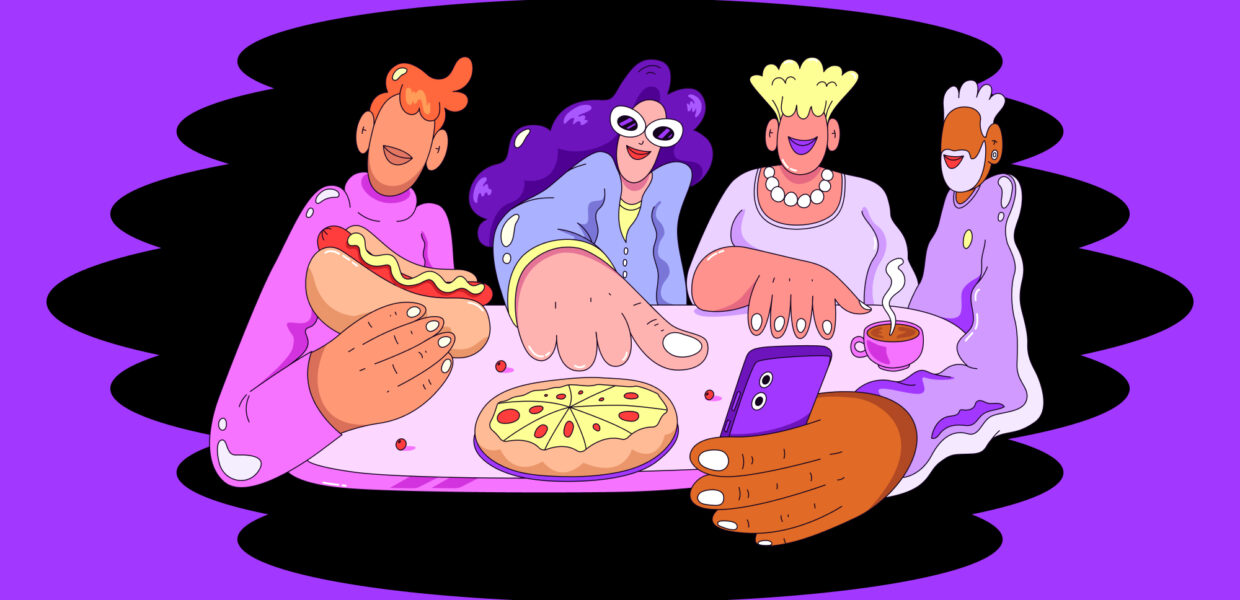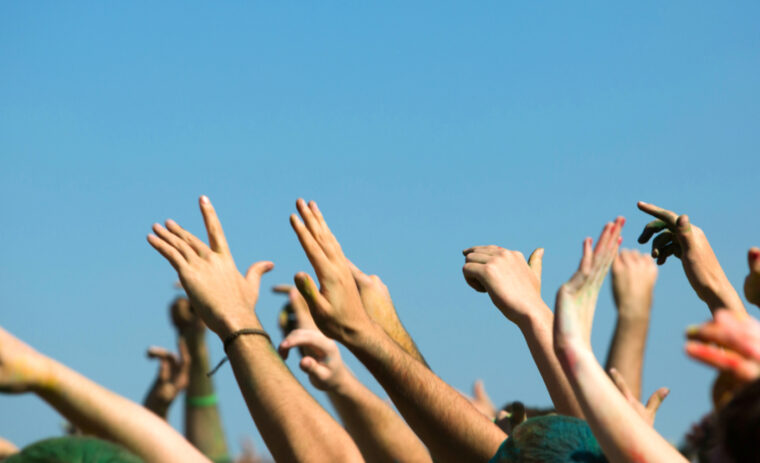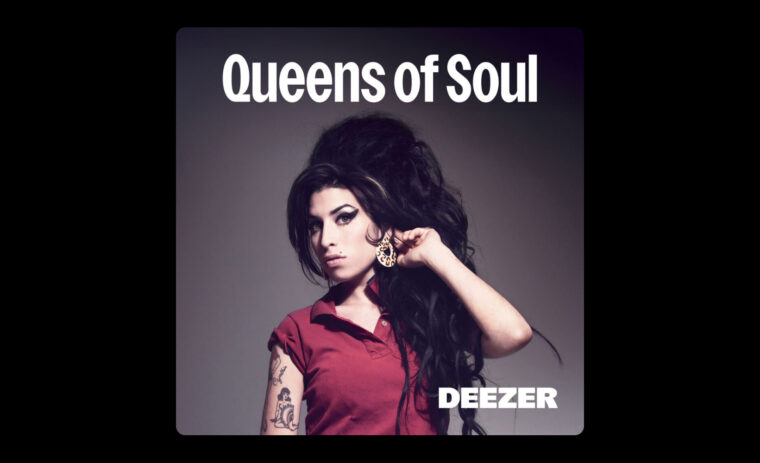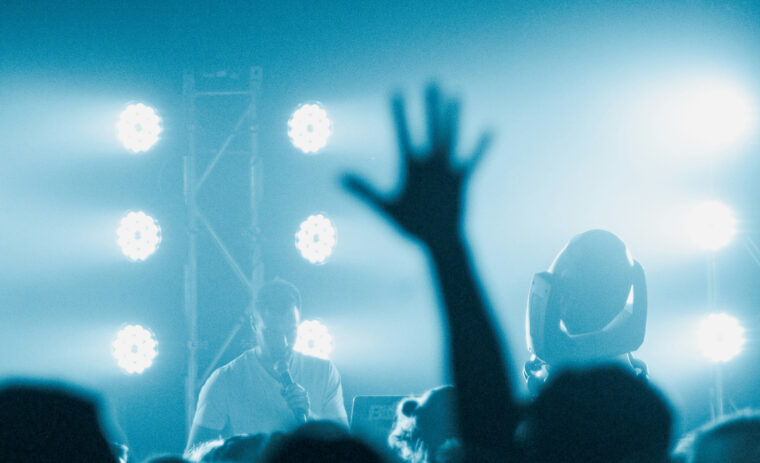The Deezer community is as diverse as the colors on a painter’s palette, which is why our 43 million track catalog is too. There are the massive pop bangers and the latest hip hop gems, but there are also lesser-known movements that exist within Deezer, movements that can be perceived at times as kind of weird and awkward. But mostly, the content hidden at the bottom of the stack is startlingly beautiful. We’ve decided to dig deeper to discover the music genres, sounds and other beautifully bizarre audio you didn’t even know existed. Welcome to our new series of “Curious Sounds”.
Autonomous Sensory Meridian Response (ASMR) is an experience characterized by a static-like tingling sensation on the skin that typically begins on the scalp and moves down the back of the neck and the upper spine. It’s what a lot of people like to call a “brain orgasm’. This sensation is mostly triggered by specific acoustic sounds like tapping, whispering, crinkling paper or visual stimuli (of people brushing someone else’s hair for instance). For people who experience ASMR it’s like a sort of mellow drug with no come down effect. A lot of comments on YouTube describe it as a blissed out meditative state. However for people for whom it doesn’t work, it just feels downright creepy.
So, who uses and creates ASMR content? The term ASMRists has been coined by YouTubers who post videos of themselves creating stimulating videos that trigger an ASMR response. Usually they role play as a doctor, therapist, hairdresser or beautician with fake medical checkups and massages. Although it has been reported that 5% of people use ASMR for sexual stimulation, a majority use it to fight insomnia and depression. People report their effectiveness in inducing sleep, calming anxiety or stopping panic attacks.
One of the most famous ASMRists is Russian-born Maria (aka Gentle Whispering). She admits that she has been triggered by everything from soft whispers to having her temples stroked. She currently has over 900,000 subscribers on her YouTube channel and her albums are also available on Deezer.
Although research is finally underway, there are no scientific studies other than tight-knit online communities and millions of comments that talk about the relaxing feeling of ASMR. This may be because the sensation is private and almost indescribable like a sense of feeling safe and nurtured. It’s not typically the kind of conversation that just crops up at a party…
Which leads us to question, could the growing popularity of ASMR be linked to the way we live our lives now? Does the lack of physical, loving contact in an increasingly virtual world push us to turn to our screens for “human comfort” and an instant sense of well being? Whatever the reason, judging by its popularity, adepts of ASMR are onto something.
See for yourself if ASMR works on you:
BONUS ROUND (and a bit weird) Relaxing ASMR Pineapple sounds:






